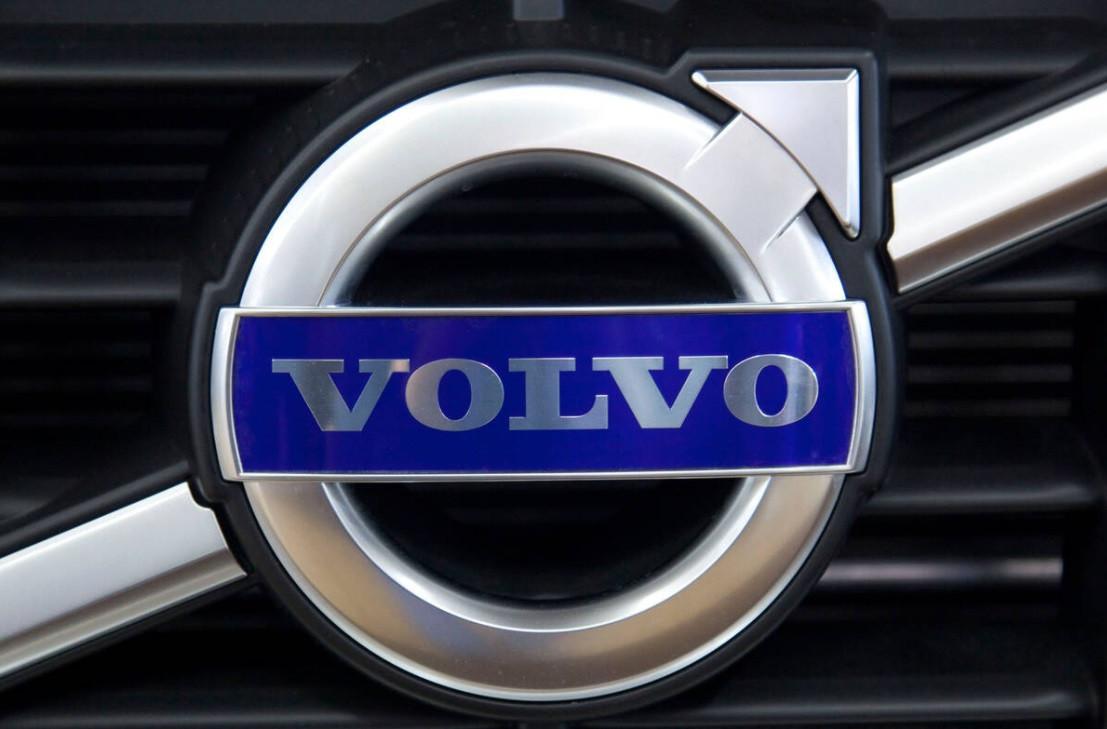
Alamy Photo
High-end automaker Volvo has said that the global supply chain bottlenecks caused it to sell fewer cars, but that its profitability rose as it was able sell vehicles at higher prices.
Chinese-owned Volvo Cars said the global shortage of semiconductors caused sales and profits to fall in the last quarter of the year.
Retail sales fell by 20 percent to 168,000 units in the fourth quarter of the year.
But revenue fell at a smaller rate - 6 percent - as “strong demand had a positive effect on prices and the sale of more expensive cars” while interest in electrified cars continued to grow globally.
Revenue fell to 80 billion kronor ($8.6 billion, 7.5 billion euros) from the same quarter in 2020 while net profit sank by 60 percent to 2.3 billion kronor.
Owned by Geely, the Sweden-based carmaker said the semiconductor shortage worsened in the second half of 2021.
The picture was brighter for the full year, with revenues jumping by 7 percent to a record 282 billion kronor.
Net profit soared to 14.2 billion kronor, nearly double the 2020 figure.
Profitability also rose, with its operating margin rising by four percentage points to 7.2 percent.
“2021 was a year to be proud of for Volvo Cars,” said chief executive Hakan Samuelsson.
“Looking ahead, uncertainty is still high. While component shortage has eased somewhat, we expect the supply chain to remain a restraining factor,” he warned.
Volvo Cars, which plans to sell only fully electric models by 2030, said the share of sales of rechargeable vehicles - including plug-in hybrids - grew to 34 percent in the fourth quarter.